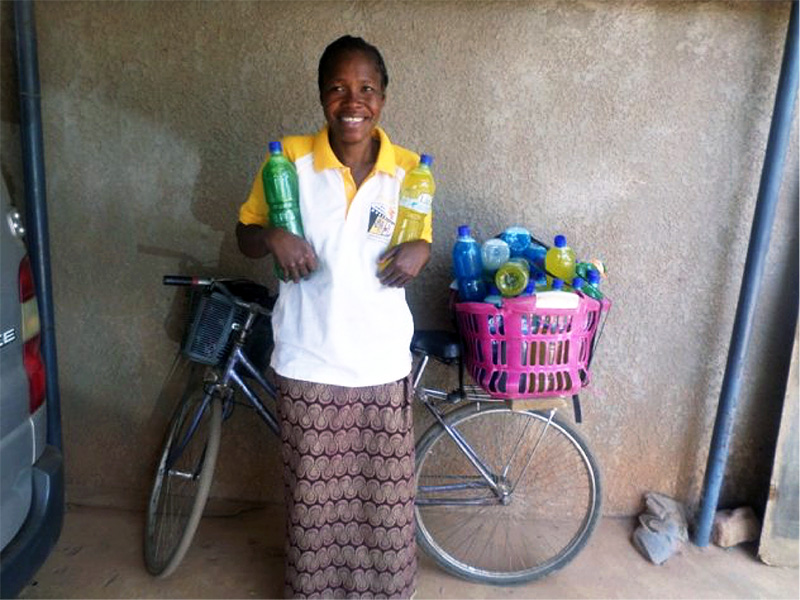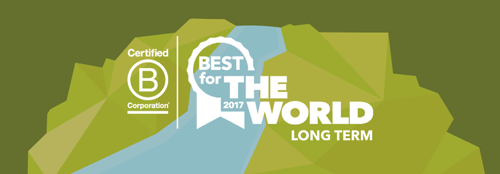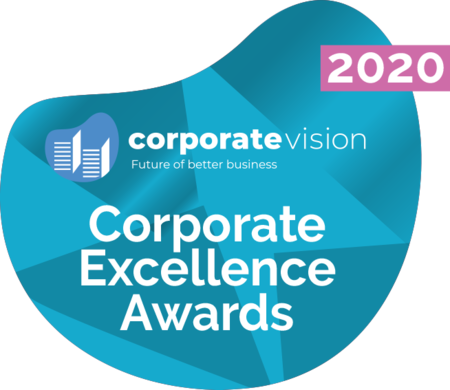When Clean the World and the Global Soap Project launched in 2009, an average of 9,000 children under the age of 5 died every day from hygiene-related illnesses. Just six years later, the daily average has dropped to around 5,600.
That’s a lot of progress – but our goal remains to drive that number down to zero.

After consolidating the two organizations earlier this year, we emerged as a stronger, unified social enterprise with the capability to save even more lives. The unified organization capitalizes on strengths developed separately by each group over the past six years. Now with all the pieces in place, we are poised to make significantly more impact next year.
In 2016, Clean the World’s Global Soap & Hygiene Initiative will concentrate on developing and implementing programs that make a measurable, sustainable impact on global health. Following is an overview of our strategy to lead the eradication of the leading causes of child morbidity:
Distribution and Hygiene Education
Soap distribution to at-risk people involves a lot more than dropping off a few boxes of product and then moving on to the next community. Our Global Soap & Hygiene Initiative works with leading global health organizations to provide long-term, outcome-based soap access and hygiene education. Those activities happen in conjunction with health and human services targeting vulnerable children and families in low-income households internationally and domestically.
By partnering with global health service groups to identify critical needs, we can deliver soap and hygiene education to the same groups for an extended period. Ongoing access improves health and changes behaviors in measurable and sustainable ways.
Our Soap Distribution and Hygiene Education program collaborates with partners in three specific areas:
Hunger and Nutrition: Food banks, meal service and feeding programs, nutrition education, healthy eating and cooking programs, community gardens and farm-to-table programs
Health and Hygiene: Community-based clinics, maternal and child health services, community well-care programs, health department programs, soap in schools
Family Self-Sufficiency and Financial Stability: Homeless support and emergency assistance programs, foster youth services, senior services, veterans services, parenting support, child care programs, re-entry and workforce programs
Custom Programs
Our NGO partners have a wide-reaching footprint that covers much of the developing world. However, we do encounter communities where there is no NGO presence, or where existing programming is insufficient, not sustainable, or not focused on long-term change.
In these underserved areas, our Global Soap & Hygiene Initiative conducts research to determine the best type of intervention. Our team designs and implements a program that improves health in the short-term and sustains itself long-term. We evaluate the results to make sure the program creates sustainable, positive health improvements by changing recipient hygiene behaviors and instilling lifelong hygiene routines.
The goal is to exit after two years once we see evidence that the program is self-supporting.
Sustainable Soap Supplies
Once people understand the importance of hand washing, the next challenge is often soap access. When supply or cost is a barrier to regular soap purchases, our Global Soap & Hygiene Initiative makes it available through in-country micro-lending and micro-enterprise programs. The programs complement the work of our distribution programs and ensure everyone has ongoing access to soap.
Research indicates that income-generating activities serve as key motivators for sustainable hygiene promotion.
In-country micro-lending and micro-enterprises ensure consistent access to soap while supporting local jobs and economies:
Community Hygiene Micro-Enterprise Project: Providing entrepreneurs with start-up financing and training to become lay health educators. They then teach and promote hygiene and the proper use of soap, and introduce a hygiene-related business opportunity to generate new income sources, serve as hygiene motivators, and reduce barriers to better health.
Soap Maker Micro-Lending Project: Providing micro-financing for individual soap makers to meet an urgent demand in global communities with little or no access to soap. As soap makers repay the loans, the available funds support new soap-making micro-enterprises. Micro-lending is the start of a positive economic cycle in areas of extreme poverty, and these new markets for soap help to prevent disease in communities that need it most.
Advocacy
Our mission to eradicate needless deaths from hygiene-related illness goes beyond soap access and hygiene education. Through the Global Soap & Hygiene Initiative, we educate governments and NGOs around the world to help them understand the importance of long-term WASH (water, sanitation, and hygiene) programming.
We believe governments should do a better job of investing and addressing these needs. They should advocate for hygiene and hand washing awareness by local governments to ensure they address the most pressing health needs of their citizens.
Innovation
Sometimes soap access and hygiene education are only part of the equation. That’s why we also work to identify and promote additional hygiene and tools to help maximize the effectiveness and lifesaving potential of hand washing with soap.
For example, some rural communities don’t even have a hand-washing station. The Global Soap & Hygiene Initiative might offer a creative solution such as a “tippy tap.” Or perhaps a soap powder and water mixture is more effective than bar soap.
Through innovation and technology, we identify the best solution for each specific community.
Soap Stockpiles
The final pillar of our strategy is to maintain an inventory of subsidized soap supplies and hygiene kits for emergency bulk distribution to people in crisis. Bulk distribution is coordinated to promote immediate relief along with complementary safe water, sanitation, and related hygiene efforts.
Together, these programs put us closer to reaching our goal of eliminating all hygiene-related deaths worldwide. But we can’t do it alone. Now more than ever, we need the support of our donors and partners to help us make these efforts a success. It’s easy to help us make a difference. A donation of $25 is enough to serve two families living in extreme poverty for an entire year, and a gift of $50 can provide a year’s worth of soap and hygiene education to an entire classroom. Will you help us by making a financial contribution today?
As always, thanks so much for your continued support. Together, we’re reducing waste and saving lives, one bar of soap at a time!







